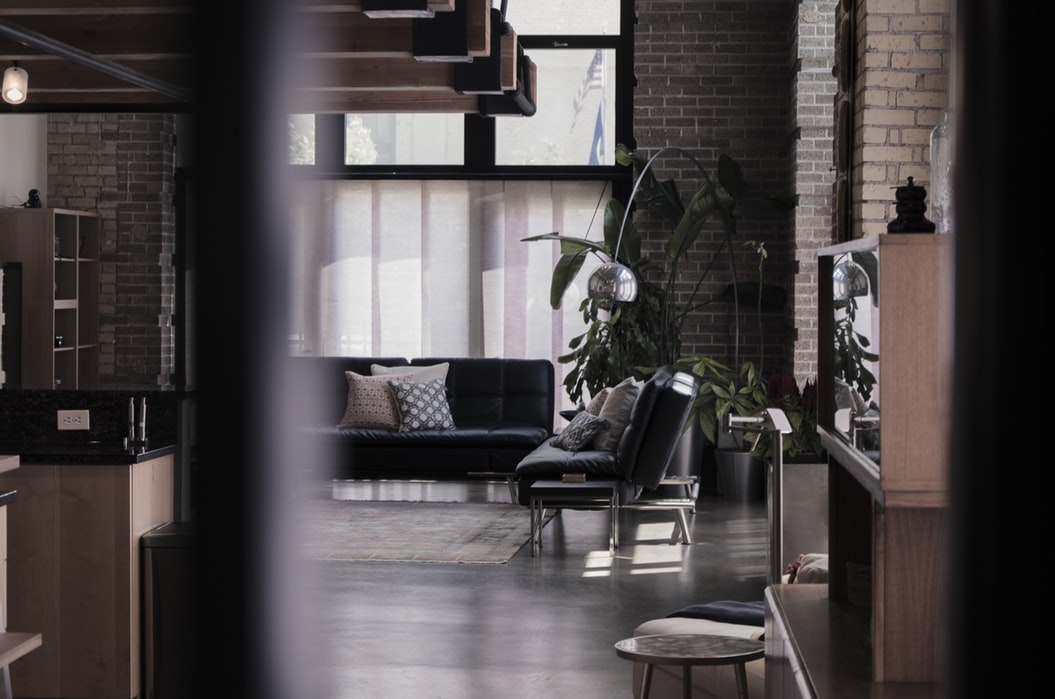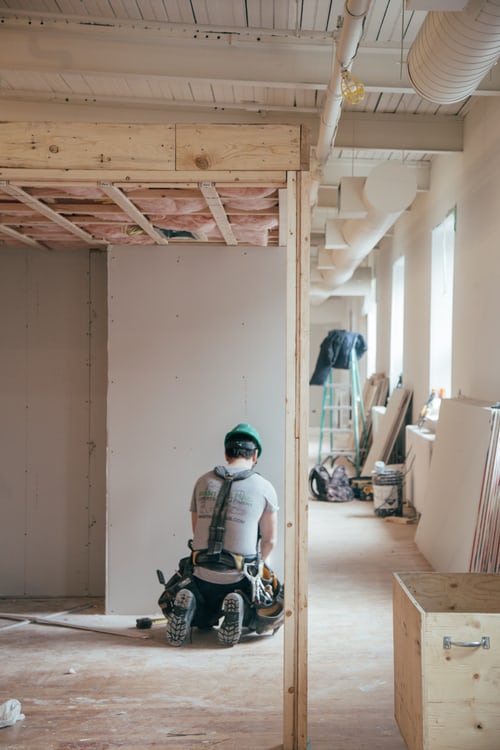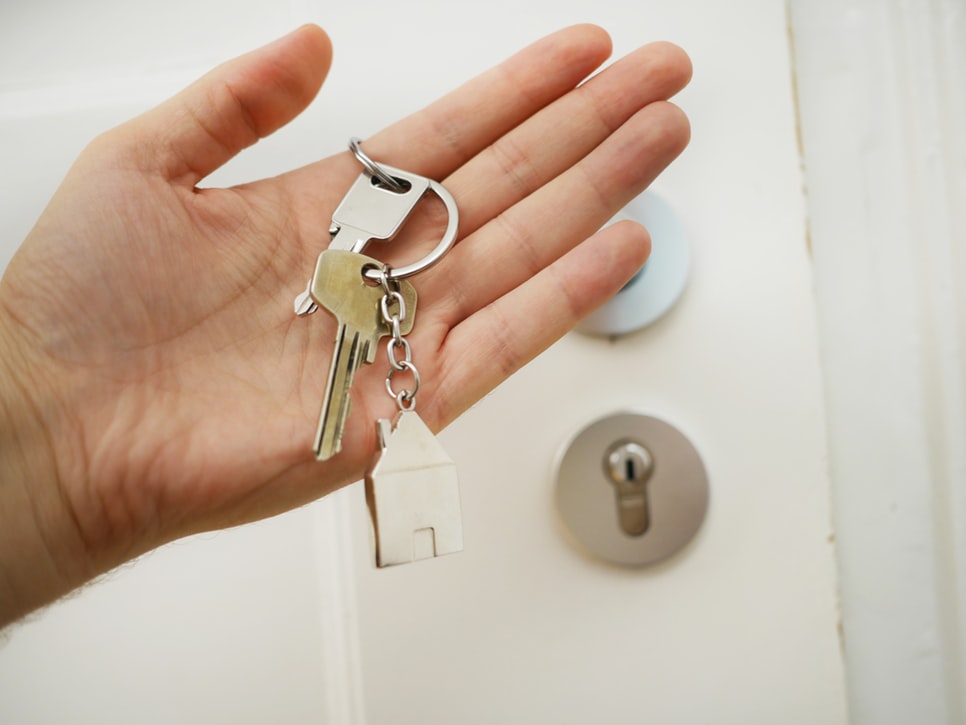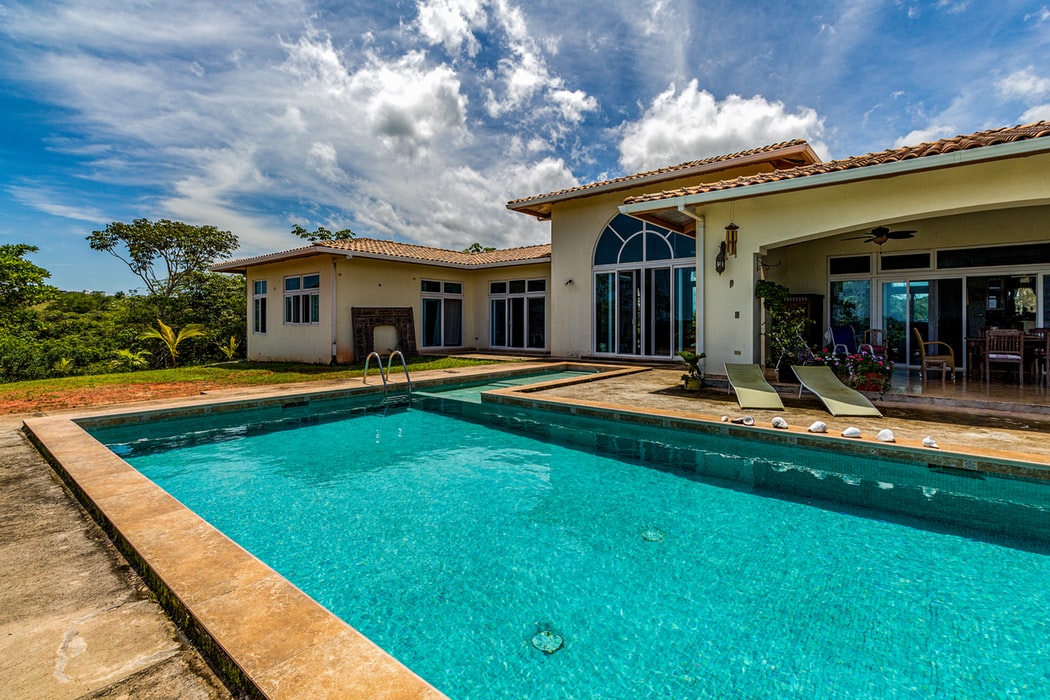Today we’re going to talk about what is

5 Mistakes People Make in Investing
Good Day! Today we’re gonna talk about the 5 mistakes people make in real estate investing.
Many times, you run across someone trying to sell you a property or you’ve come across an offer which seems like a good buy. But there are actually mistakes that you are not aware of that you could be making in as far as the investing in real property is concern.
I’ve heard one of stories where somebody bought a property and they’ve never seen it, they’ve never looked at it, there’s no due diligence and then they only found that it’s in the middle of the dessert. Or there’s also story where they bought a beach side property with a fantastic view, he’s already dreaming of his dream house and you wanted to have a sea view property you had all of these plans, but when you we’re trying to survey the property, they couldn’t find it, because it was high tide, and the property only reveal itself during low tide.
So, simply put you couldn’t use the property because it disappears. So, what are the deadly mistakes that one can make investing in real estate property? Buying a property is the easiest thing to do, most especially when you save up for it. But getting out of there is quite difficult, when you actually made wrong decisions.
So, when we actually do buy the property, I want you to be doing in the best possible manner, in the most informed decisions as far as you can take it today.

The first mistake that people usually make when purchasing a property is, not doing due diligence.
I know, I know, it sounds like the basic thing to do before you buy a property check the property’s background. I’ve seen many people do it in the past, some people to do it without a realtor or a professional they just buy off the property they try to exercise their buying muscles, their negotiating tactics, and they tried to negotiate hard, negotiate down and then buy the property. Or sometimes it’s a matter of showing off, or I don’t know, probably just wanna buy the property right away, or sometimes they have this external pressure wherein they need to move into a property right away and they don’t do the due diligence they just buy it right off the bat.
So, sometimes they get in to an emotional commitment with the seller and they say “Oh I need to buy this property” “Okay! I’ll put in the down payment tomorrow” without even thinking that “Oops, I need to do due diligence on the background of the property before I jump in”.
There are so many things that could be lying under the hood as far as buying a property is concerned. There could be some liens, mortgages, back taxes, any amounts due with the association you know, there are many many things that you have to check. And it goes beyond as far as what the “Eye can’t even see”, whereas the physical look of the property with sometimes already present to you what the things are to maybe work on or maybe not work on or something that’s acceptable or unacceptable to you, there also a lot of things that you have to do research on as far as the background of the property is concerned, what are the liens and the encumbrances, what are the problems that this would impose or sometimes they don’t have any liens or mortgages but the use of the property is not very flexible or there’s no practical use or the rental rates of the property are super low or there are no renters, almost no renters in the area and then the vacancy rate is around 90%, that’s a nightmare, right?
So, we have to determine the goal of purchasing a property in what you want out of it and then once you find a property that kind of fits to go you have to do due diligence before you actually pull the trigger. That’s one of the good examples as to buying the property. Sometimes you buy a property you visited, and you can’t even see it like the example I said, you buy a beach front property but during high tide, you can’t see it, it’s gone. And during low tide, it’s there.
So, what’s good is it? Yeah you have a large piece of land, but you’ve practically no use to you.

The second mistake that people make as far as investing in a property is, pricing it wrong.
Whether it’s underpriced or overprice, this will have serious consequences when you are selling your property. When it is underpriced, it’s very easy you lose money. As a seller of the property you will leave a lot of money on the table that you will never see again. And you wish you would have known the fair market value ahead so you can have at least swivel it? around the fair market value price. Because sometimes people just price their property very emotionally, they just wanna price it at a magic number that pops in their head or maybe the number that they’ve dreamed of, funny right? But sometimes people actually do that.
So, we hope that this doesn’t happen again to anyone that you know of and that’s one of the reasons why you’re actually doing this channel, to help people have a better knowledge as far as how to go above the proper processes of selling their property.
So, when you’re selling it at the very low price, it’s very simple, you leave a lot of money in the table, you pay for the taxes, you pay for the fees, and then what’s left goes to you. So, that’s the problem, right? Now, what if we sell if at a higher price? Sounds like a good solution? Uh, actually no. If you put in all of the cause and the taxes and it comes off with the fair market value, then that should be okay. But if you’re selling it way higher than the market value, then you’re gonna come across several problems. You won’t be able to sell your property as fast, but the properties around you will sell. Because you are gonna be used as the benchmark or the ruler of the other property owners in the area so that they sell theirs. No offense but it is just the way the market works.
So, you cannot overprice the property or what’s gonna happen is that people are gonna think that the owner is not knowledgeable so they’re just gonna take a look the property and then they’re gonna leave, that’s possible. Or as simple as people will just skip it, nowadays in the online world that we’re all living in when people are looking for a property, they try to first search a property online, and nowadays the ad portals will display all of the prices of the properties available. So, if you have like five properties all of the prices are display there as well. And when your property is priced at the highest possible price, amongst all others, they check your property, they see them it’s quite regular or it’s the same or it’s nice maybe I don’t know depends on your property. But once they see that it’s quite high in price and they can easily compare with the other properties available in the market they can easily skip it, there’s no opportunity for you to defuse a certain objection, you can always tell them you know in your head your saying that there’s a premium, it’s a nice property but in actuality when somebody is looking at your property you are not there to defuse the objection.
So, what would happen instead they will just simply skip it and you will lose an opportunity to sell the property. Most especially it it’s a real buyer that’s looking around. So, the real trick is to price it correctly. Do not underprice it, do not overprice it, price it at the correct fair market value as much as possible.

The third mistake that people make as far as selling your property is concerned is, overspending on improvements.
How many times have you or one of your friends gone to renovation of a home that doesn’t seem to have any particular value or effects as far as the pricing is concerned? If you’re doing for personal satisfaction, it’s fine. That’s your home you enjoy it, that’s fine. Putting that garden, that lawn, that patio, it’s okay.
But when you are already overspending way above and beyond the certain budget that you allocate and you’re still not happy and you see that it’s not adding any premium or value in the home say for example, you overspent on curb appeal, you wanted to make it look nice but it hasn’t really added any particular price tag or value or premium to your home, it’s okay to add improvements to your home, what’s not okay is to overspent unnecessarily on the improvements or curb appeal of the property. Most especially, taking in to consideration that the market will usually only buy on the fair market value.
You have to think as the buyer, will you buy an overpriced property that doesn’t have any additional value over another that’s selling? Cause in any point in time there might be two or three property selling in an area, if you are in a low supply-high demand area well good for you maybe you can price it crazily but again that really depends on the buyer. But in most cases, wherein there’s a certain village and you have two or three similar properties selling in the area. Then if your property doesn’t have any additional premium or value that it provides, and this particular similar property is selling for on the right price and you’re selling it for the premium because you’ve over spent on the improvements, then what do you think is gonna happen? Then they’ll buy this property, right? They will not buy the one with over spent improvements that doesn’t add any value.
Again, this highly relative if the improvements add more value to the property and is nicer and it looks better, and it works better then sure it will work. But over spending unnecessarily on the same thing, flooring, paint, too often too much without any additional value to the home might make you lose more money.

The fourth mistake that investors make in investing in properties is, they don’t factor the costs in.
How many times have you fall in love with the property and just bought it with the intention of reselling it? But you don’t know the resell prices or the taxes involved. This happens to so many buyers before and I know you probably know someone who’s done that too. And when you find yourself in this kind of situation, it’s kinda difficult. But there’s a ray of light in this kind of scenario, because the properties they generally increase in prices so if you have overspent on the purchase of the property there’s a time correction that happens and the property usually bounce back in price so that you can cover your cost.
But let’s talk about this a little bit deeper, what happens when you buy a property and you haven’t factored the cost in? Usually you’ll end up paying for it. Because, here’s the fair market value, here’s the correct price that you can probably more or less sell your property, here’s the property price you’ve bought before seems like a good deal, it’s a lower price compared to the correct fair market value so you’ve gotten yourself a good deal for the purpose of reselling it, correct? But what you have forgotten to do is to factor in the cost, maybe the cost, the taxes and the fees that will let you sell the property to transfer the property to another person could be costing like this. Since you will only be able to sell it at this price, then you have a problem because you have to sell it at this price or this price, this price to breakeven, or this price to make a profit. So, what’s this mistake? You have to factor in the cost of transfer fees involved when you are reselling the property.
Not only that, you have to cover also some net amount of income and the fees or most importantly the taxes that you will need to pay or settle when you’re able to sell your property. So, you have to take a look at the property selling price, the net profit, and then taxes and fees that will be involved as far as selling your property is concerned.
Plus, a little bit of buffer because people will always ask for a discount and you’ll never know when they do. You don’t wanna end up losing money when you actually make an investment, right? That’s the worst thing to do it. You don’t wanna be overspending for the improvements or overspending for the fees, the necessary fees and taxes just because you weren’t able factor them in.
This is how people really lose money in real estate, they don’t know the transfer cost involved and they fail to factor that in up on the purchase of the property.

The fifth mistake property buyers make is, not seeing the property for what it can be.
Real estate is a very physical tangible asset, you see what you’re buying. It’s raw land, it’s building, it’s a condo you see it for what it is. It’s so real to your senses, you can see it, you can touch it, you can feel it and sometimes that becomes a problem because it’s so real, but you only see it for what it is and not what it could be. Say for example, you wanna buy a commercial lot, you see the lot, okay it’s raw land it’s grass and that’s it. And you buy it, you see the price tag and you feel like “Okay, that’s super high. I don’t wanna buy it.”
But what you fail to realize is that there’s a road network going in and out of that area, there’s a hospital being built nearby, there’s a mall being built nearby, and this particular commercial lot have potentially drive you a lot rental income when you’re able to build the building.
Some of the mistakes people make in real estate is when they don’t see four-dimensionally far to the future as to what it can be versus what is it. A very good example is some people they felt like Makati in the 1950s and ‘60s was a far enough province wherein there’s nothing gonna happen there’s this new business district that about to emerge and there are buildings being built, it’s okay, it’s a different time of course but if don’t see far beyond what it could be and the master plan that’s happening in the area, look at Makati now.
Can you imagine if you we’re able to get a lot even way far back in the 1980’s and now how much would it cost, do you have an idea? I’m pretty sure you know how much it could probably cost nowadays. You can just simply check the net, how much the condominiums are worth.
So, when you’re buying a property it’s very important that your logic takes over more than the emotions. You don’t buy a property because your emotionally, you’re gonna buy it, well of course you do that, but you shouldn’t let that drive you. It should be also logic and what the goal of buying the property is, and what should you do with it, and how much cost it will take or improvements to make it have more value to the future. And you have to see what potential it could be.
Since you’ve stayed this long you’ve seen really really good 5 mistakes to avoid as far as investing in real estate is concerned, I’d like to give you a bonus. The bonus is, not seeking professional help, having a professional at your side could be very very valuable at this time that you are selling or buying a highly priced property.
A professional does not necessarily have to sell you something, it just means you have to consult the proper person as far as purchasing a property is concerned. For example, you bought a property, it needs improvement, go to a proper professional contractor or architect or engineer so that they can give you a proper advice as far as how much it will cost to renovate a property and to be able to still sell it for a profit. Or if you like you may also get a professional real estate broker to negotiate the property on your behalf.
The easiest thing to do probably is to get a professional, it may or may not cause you additional but if you’re able to do your figures correctly it may even make you more money, if you are an investor.
So, that’s it for today’s topic. I hope today’s discussion was able to give you a better insight as far as what mistakes are to avoid when you are selling or investing in real estate.

